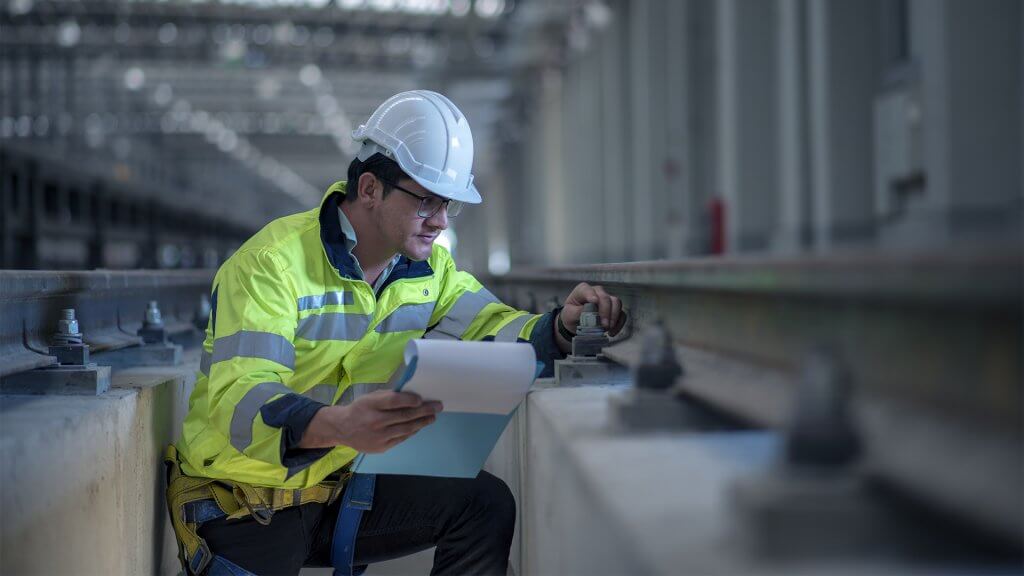Karl Henrik Sundström, CEO, Stora Enso

With very few aspects of life left untouched by the growing impact of climate change, combatting global warming is now everybody’s business.
The fundamental risks to industry and trade posed by rising temperatures are causing companies to completely re-think their operations and make combatting global warming an integral aspect of business strategy.
At the same time, businesses have a responsibility to deliver the low-carbon economy needed by mid-century to avoid catastrophic temperature rises, as recognised in the European Commission’s recently published 2050 long-term strategy.
The most entrepreneurial among us recognise that every risk is also an opportunity, which is why we have seen many companies adopt long-term policies that transform their businesses in line with climate goals. But there is a limit to what the private sector can do voluntarily.
Across the business world, we are seeing examples of bold and absolute commitments all geared towards delivering a net-zero economy.
More and more global corporations are using the Science Based Targets initiative to reduce their emissions in keeping with the Paris Agreement, for example, with one in five executives expecting their businesses to be fully low carbon in the next decade.
There is also increasing expectation from investors and shareholders that companies disclose climate-related risks to avoid shocks and disruption, and ensure investments are made that uphold environmental standards.
In our case, we have signed a new Revolving Credit Facility (RCF) loan in which part of the pricing is based on our ability to reduce greenhouse gas emissions in accordance with the Science Based Targets.
But with this year’s climate talks marking first milestone under the Paris Agreement, business leaders including members of the Prince of Wales’s Corporate Leaders Group are calling on governments to underpin corporate climate action with clear national commitments to climate neutrality by 2050.
This means setting measurable goals and targets aimed at changing the very fabric of our businesses, from energy consumption and emission reductions to supply chain management and financial reporting.
In industry, where the investment timeframe is long, transforming businesses to address global warming will depend on long-term targets that encourage innovations and investments, and futureproof our assets.
Take the need to reach net zero emissions by 2050, which is absolutely critical to prevent temperature rises above 1.5C. By publicly committing to carbon neutrality, governments can lay down the indicators of success for businesses.
Such a commitment to net zero emissions would also direct investment and innovation into areas such as renewable materials because wood fibre, for example, provides a large carbon dioxide performance advantage over fossil materials like plastics.
Carbon dioxide emissions from plastic packaging in the EU alone are on course to double by 2050, which by then could represent 30 per cent of total emissions.
As a renewable materials company, Stora Enso has long championed the substitution of fossil-based packaging with wood-based alternatives.
And in addition, companies are increasingly adapting to a circular economy to reduce the singular use of fossil-based materials and cut down on both emissions and waste.
For some, this involves a policy of recovering and recycling materials, but recycling alone is not enough. Innovating new, lower-emission materials themselves is instrumental.
The next two years will be crucial in developing a strategy that will drive down emissions to zero by 2050.
The transition from a fossil-based economy is speeding up in the energy field. But taking the next step towards net zero by 2050 must include a faster moving shift away from fossil-based materials, and this needs clear commitments.
For some time, the EU has fostered a supportive environment for businesses embracing climate action, but we need to go further if we are to shift the dial in time.
We stand ready to step up to the challenge, and we hope policymakers across Europe and beyond will provide the clear, unwavering framework within which to do so.


























